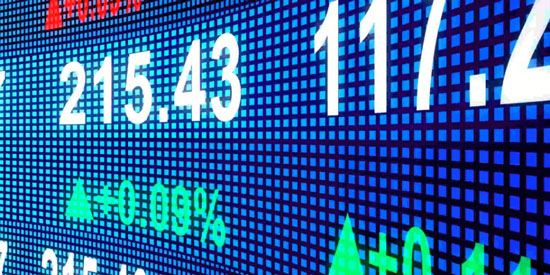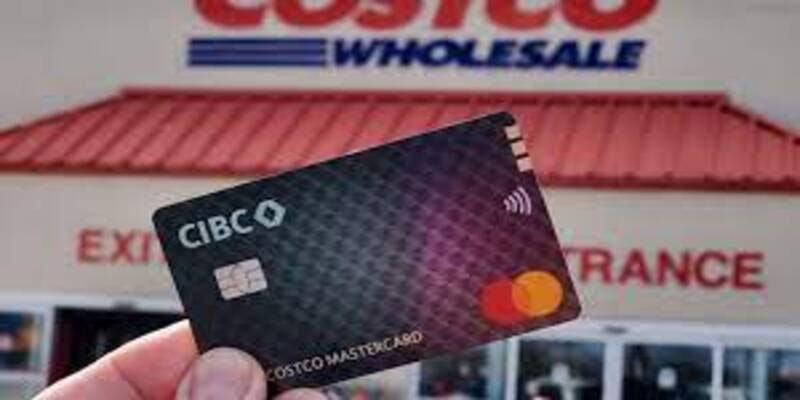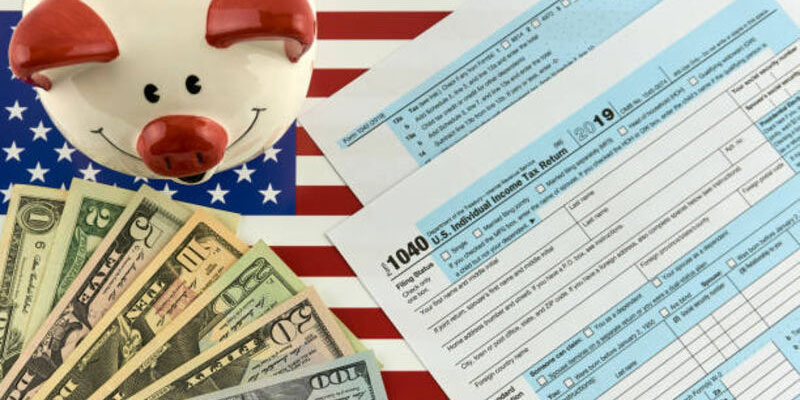Introduction
As a result of a more integrated global economy, better access to information on a broad scale, and deregulatory activities in the financial markets, it is now much easier to diversify your investment portfolio without breaking the bank. A growing number of shareholders recognize that diversification requires more than just a reasonable allocation of capital across a portfolio's asset classes or a spread over a range of companies and industries. To broaden their investment options, Americans may start to consider the international financial markets outside of the United States rather than relying solely on the golden swells of grain. Europe is desirable since it is home to some of the world's most successful companies. These companies have given their investors decades of dividends and capital gains.
Specialized Mutual Funds and Exchange-Traded Funds
This strategy is ideal for those with limited resources who want to invest in European stocks. Mutual funds and exchange-traded funds that only hold European companies or companies with significant European operations can help you achieve diversity at a lower cost than you could by creating the positions on your own. Since mutual funds and ETFs only invest in high-quality, low-volatility companies, this is the case. Some disadvantages are associated with investing through a pooled vehicle like an index fund, whether structured as a traditional mutual fund or an exchange-traded fund. Huge unrealized capital gains are a common occurrence in investment portfolios.
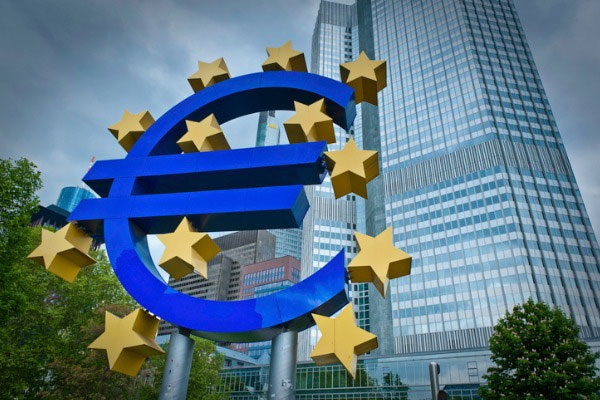
American Depository Receipts
Another option for investing in the European stock market is to use American Depository Receipts to buy shares of foreign stock (ADRs). Sometimes, the foreign company will take on the sponsor role for the issue of ADRs. Occasionally a depository bank, usually a subsidiary of a huge financial institution, will acquire a substantial block of foreign stocks on its own. This type of financial institution operates on the premise that there is a domestic market for foreign stocks and that it is possible to generate fee income by facilitating access to these stocks. The bank keeps track of the foreign reserves in its records and offers securities representing those stocks' ownership. Next, these securities are traded on the domestic market, most frequently the OTC market (OTC). On the other hand, retail investors have the same liquidity and trading options as domestic stocks. This can be done through a brokerage account by going online, entering the ticker symbol, reviewing the trade, and then submitting it.
Dividend Yield Calculations
To complicate matters further, many online financial portals do not make it clear whether they are reporting the dividend growth based on the gross pre-tax dividend, as is done with domestic securities, or on the dividend net of tax after withholding for foreign dividends. This is a dilemma for financial backers (and if the latter, at which rate). To make sure the ADR dividends you are comparing are genuinely comparable to one another, you will need to do further research and adjust the data.
Direct Shares of European Stocks
Although Americans who have only ever invested in domestic assets may be unfamiliar with this method, it is the most direct and hence the most popular. Consider for a moment that you want to invest in the stock of a significant Swiss chocolate producer. The specifics of how you buy shares will be determined by the brokerage firm you use to execute your purchases. If you are a retail investor, it is recommended that you contact the brokerage firm where you have an account for the most recent information.
Currency Conversions
No ticker symbol will be connected with the shares when they are finally shown in your brokerage account (or with a symbol that cannot be traded online). Share prices will be displayed in Swiss francs and after being converted to dollars.
Foreign Taxes
Also noteworthy is that any dividends received in Swiss francs will be converted to dollars and deposited into your brokerage account as a net spread. Any time a payout is made in Swiss francs, this will occur (in light of the currency conversion). Foreign taxes owed to the Swiss government are typically 35% of the total amount, so an additional amount equal to that will be withheld. To qualify for the reduced foreign dividend tax withholding rate of 15%, you must fill out unique papers claiming your right as an American citizen under a tax treaty between the United States and Switzerland. Because of this, you could skip the hassle of doing so. In very unusual circumstances, your custodian may be able to provide you with the shares' Swiss franc quoted value. You could get dividend payments in Swiss francs if they allow you to hold multiple currencies in your account.
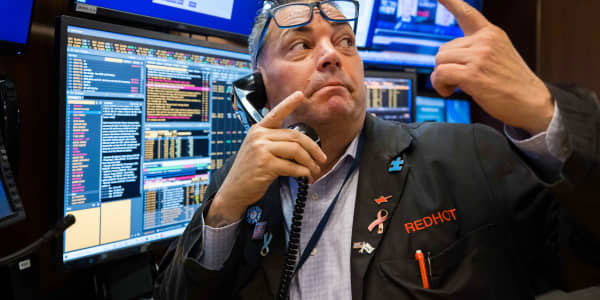
Conclusion
Today's global economy makes it possible to invest regardless of where one happens to be located. If the first two tendencies pique your interest, you could look into investing in some of the world's growing economies and quickly increasing marketplaces. To understand the factors that may affect your investment's performance, you must have a firm grasp of the political and economic climate in the country where you plan to invest. Keep in mind your risk tolerance while you invest, as well as your investment's costs and possible rewards.
